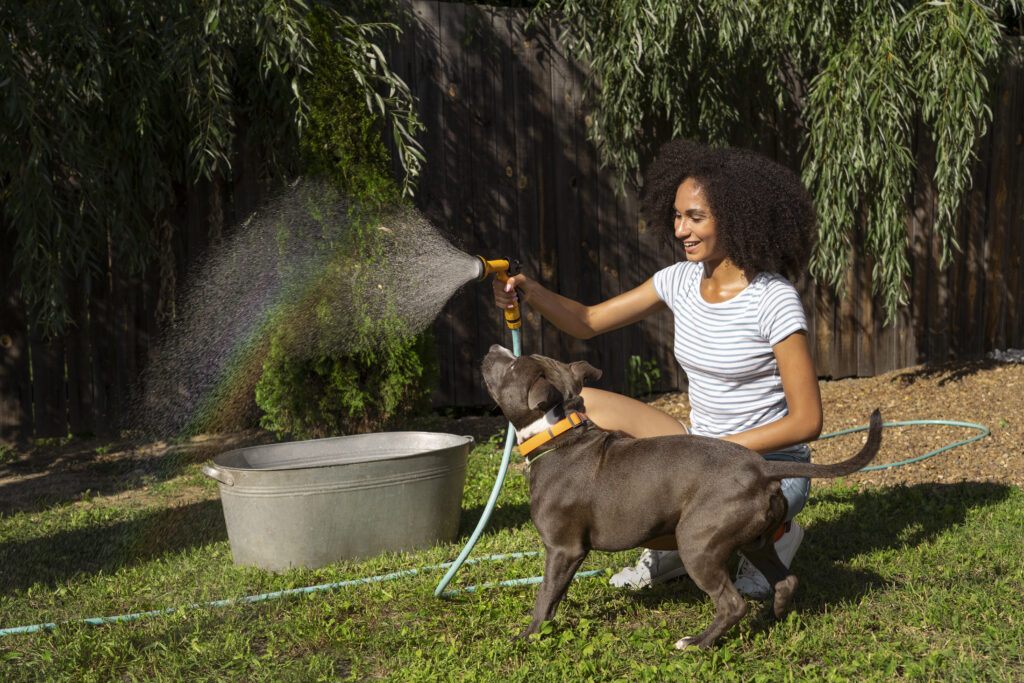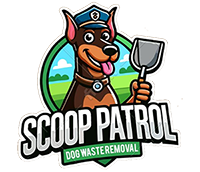Health and Hygiene Concerns Associated with Dog Waste

Beyond the effects of dog waste on your lawn, dog waste poses significant health and hygiene risks to both humans and pets. Understanding these risks is crucial for promoting responsible pet ownership and protecting the well-being of your family and community.
Bacterial Infections
Dog waste can harbour various bacteria, including:
- E. coli: Certain strains of E. coli can cause severe intestinal infections in humans, leading to symptoms like diarrhoea, vomiting, and abdominal cramps.
- Salmonella: Salmonella bacteria can also cause gastrointestinal illness in humans, with similar symptoms to E. coli infections.
Parasitic Infections
Several types of parasites can be transmitted through dog waste:
- Roundworms: These internal parasites can infect humans, particularly children if they accidentally ingest contaminated soil.
- Hookworms: Hookworm larvae can penetrate human skin, causing itching and skin irritation.
- Whipworms: Similar to roundworms, whipworms can infect humans through the ingestion of contaminated soil.
- Giardia: This protozoan parasite can cause severe diarrhoea in both humans and pets.
- Coccidia: Another protozoan parasite that can cause intestinal problems, especially in puppies.

Viral Infections
While less common, some viruses can also be present in dog waste, posing a potential risk.
Transmission Methods
These pathogens can be transmitted through various ways:
- Direct Contact: Touching contaminated waste and then touching your mouth or face.
- Indirect Contact: Contact with contaminated soil, water, or objects (e.g., shoes, toys).
- Ingestion: Accidentally ingesting contaminated soil or water.
- Fly Transmission: Flies can carry pathogens from dog waste to food or surfaces.
Risks to Children:
Children are particularly vulnerable to these infections because they often play in the dirt and are more likely to put their hands in their mouths.
Risks to Pets:
Other pets can also contract parasitic infections from ingesting or coming into contact with contaminated waste.
Environmental Contamination:
Rainwater can wash pathogens from dog waste into storm drains, contaminating local water sources and posing a risk to the environment.
The Importance of Hygiene:
Proper hygiene practices, such as washing hands thoroughly after handling dog waste or being in contact with areas where dog waste may be present, are essential to prevent infection.
Don’t let dog waste control your outdoor enjoyment. Take action today to reclaim your yard and create a space where memories are made, not messes.
Ready to say goodbye to dog poop stress and hello to a pristine lawn? Get a FREE, no-obligation quote from Scoop Patrol today and experience the difference! Visit our website or call us to schedule your first cleanup. Your dream yard awaits!
